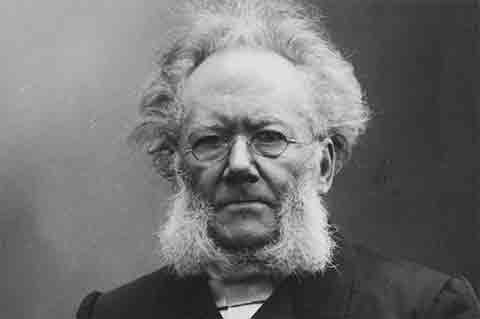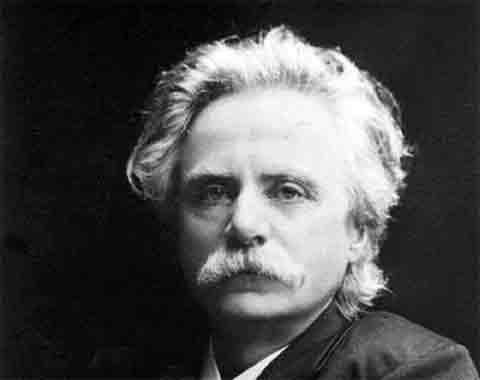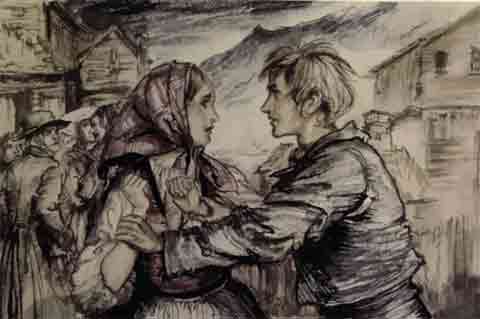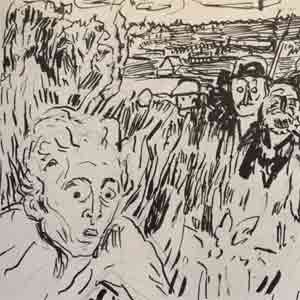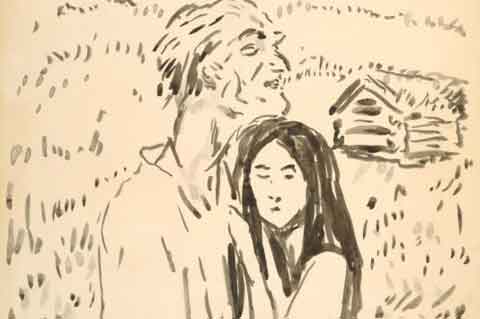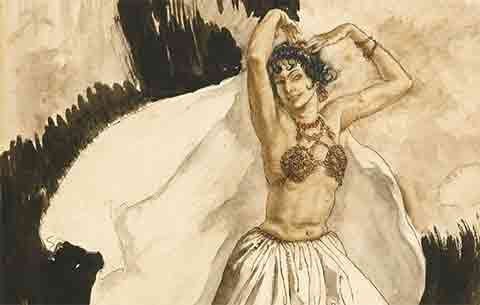Is it a play with music or music with a play?
It's both.
Henrik Ibsen (1828-1906) wrote his five-act allegorical drama Peer Gynt in 1867 while living in Italy. It tells the story of the downfall and subsequent redemption of a Norwegian peasant anti-hero.
Ibsen explores and satirizes Norwegian culture through the exploits of this charming, arrogant title character who impulsively abducts a bride from her wedding and then abandons her in order to travel the world on other adventures.
Unlike Ibsen’s other plays, it was written in verse and wasn’t originally intended for staged performances.
However, in 1874, Ibsen changed his mind and wrote to his friend and compatriot Edvard Grieg to ask if he would compose the music for a production of the play. Flattered to have received the invitation, Grieg agreed at once, but doubt soon set in. Much as he admired the drama as a literary work, Grieg found composing for it a difficult task.
“Peer Gynt progresses slowly,” he wrote to a friend in August 1874, “and there is no possibility of having it finished by autumn. It is a terribly unmanageable subject.”
The music debuted to great acclaim in 1876 when the play was first produced for the stage, and it remains among the most popular of Grieg’s compositions. Grieg’s music was praised for its lyricism and for the wide range of styles and orchestral effects used to match the variety of the protagonist’s travels.
Second to Grieg’s Piano Concerto, the Peer Gynt Suite No.1 is the composer’s most popular work, and of its four movements 'Morning' and 'In The Hall Of The Mountain King' are among the most loved of all short orchestral compositions.
Our Sydney Production of Peer Gynt took place to audience and critical acclaim in a season from 30 June to 3 July 2022. Find out more here.

